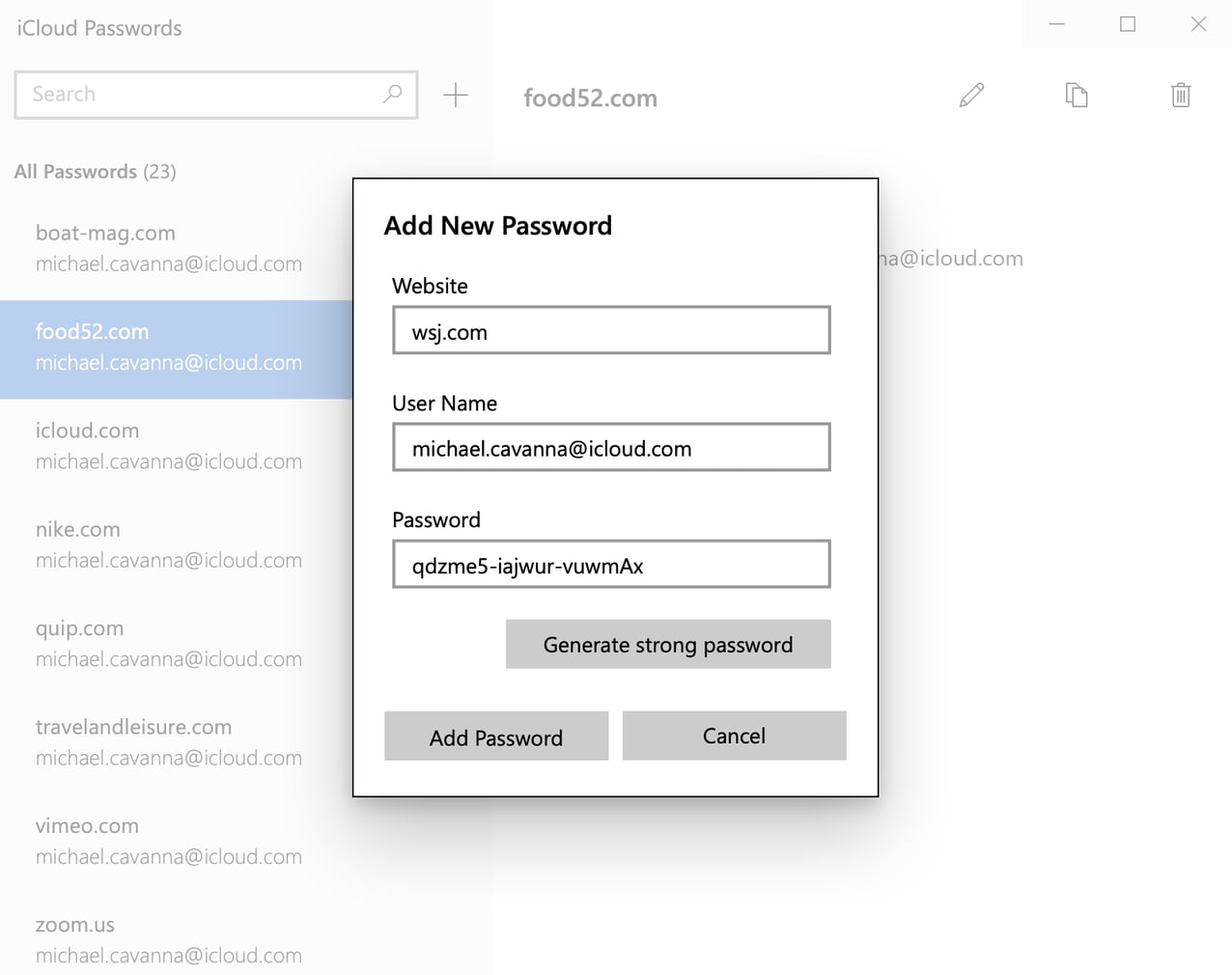
Do not use any dictionary word in your passwords.

Do not use postcodes, house numbers, phone numbers, birthdates, ID card numbers, social security numbers, and so on in your passwords.ĥ. Do not use the names of your families, friends or pets in your passwords.Ĥ. Use a password that has at least 16 characters, use at least one number, one uppercase letter, one lowercase letter and one special symbol.ģ. Do not use the same password, security question and answer for multiple important accounts.Ģ.

Adding more steps when accessing an account makes it 99.9% more secure against cyber theft.To prevent your passwords from being hacked by social engineering, brute force or dictionary attack method, and keep your online accounts safe, you should notice that:ġ. Multi-factor Authentication (MFA) supports the username-password model with an extra layer of security via security tokens, a PIN, email code, or biometrics. To stay away from security risks, avoid typing in passwords when connected to public Wi-Fi networks that aren't password-protected. Remember to log out of your accounts if accessing them from somebody else’s devices. Encrypt and backup passwords to different safe locations, so that in case of emergency you can recover them quickly.

Don't write them down on sticky notes or notebooks that lie around on your desk or under thekeyboard. Don’t upload critical passwords in a file on your computer or the cloud. When you have to share it as a one-off, it’s best to change it immediately. A very strong password should include all. However, the overall password length is even more important than the characters used, as password cracking programs will start with shorter password guesses before moving on to longer phrases. Never share them in emails, text messages, over the phone, or with anyone (not even with a significant other!). A strong password should include a mix of lower-case and upper-case letters, numbers, and special characters.

The following commonly-used methods of stealing passwords stand no chance: Our IDStrong Password Generator is scientifically engineered to create unique, complex, long-enough passwords that are not necessarily easy to remember or type, but they guarantee to keep online accounts protected against password crackers. What makes a Password Impossible-To-Crack? The built-in randomness can be fine-tuned to fit the password guidelines recommended by multiple websites. Every random password is highly secure since it’s backed by an algorithm built to find the optimal combination of numbers, upper and lower case letters, numbers, and punctuation symbols for a highly-secure password. A random password generator is a cryptographically safe tool configured to automatically create lengthy, unique, and impossible-to-guess user passwords.


 0 kommentar(er)
0 kommentar(er)
